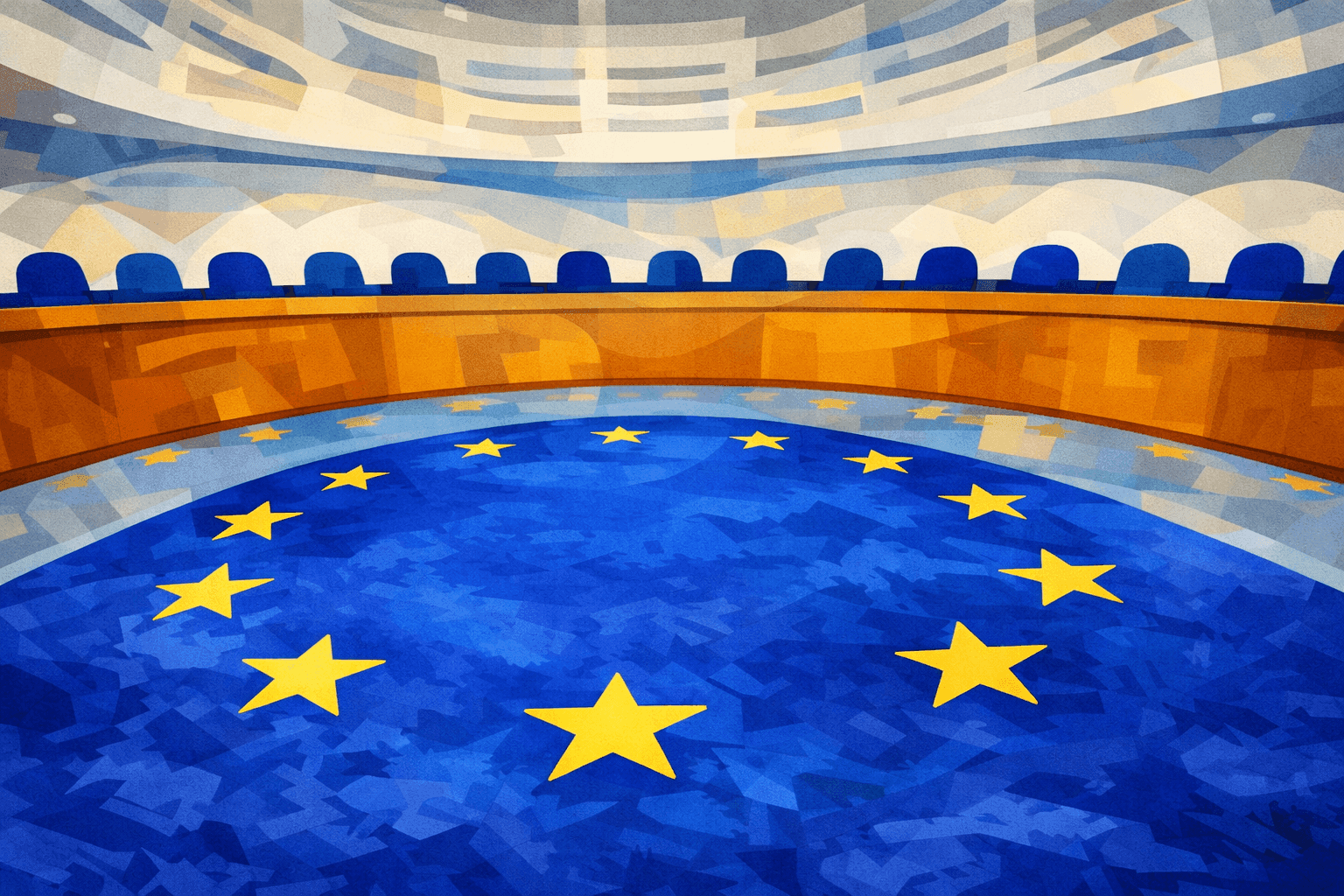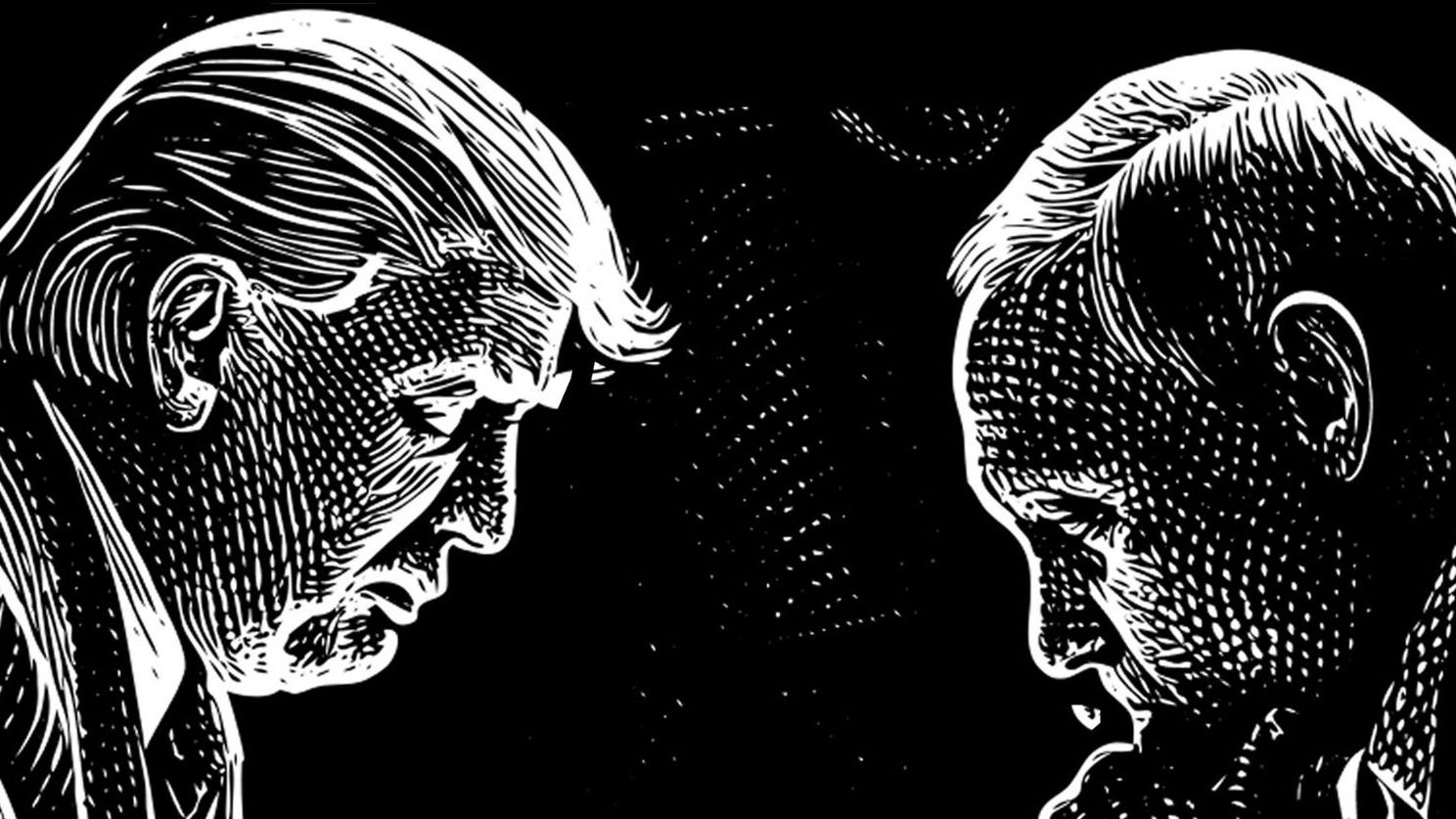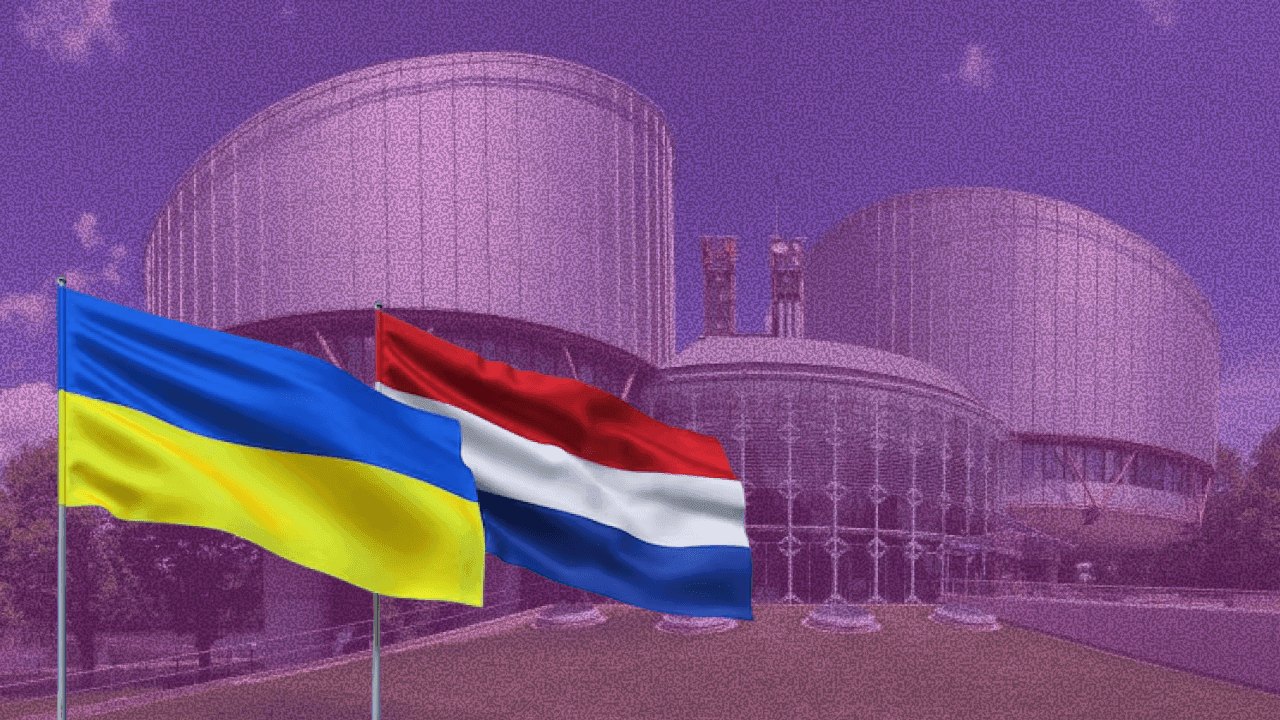This material is available in other languages:
ru
26 Jul 2024
The Ministry of Internal Affairs' statistics indicate that the asylum system in Russia is not functioning
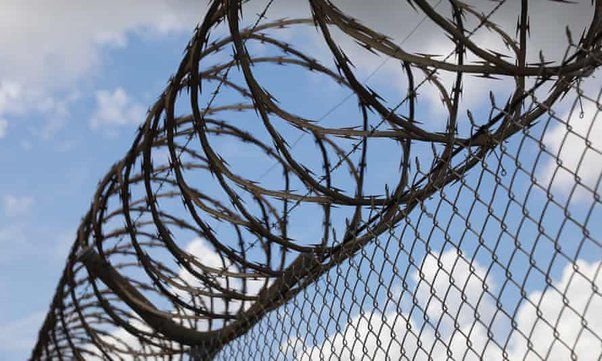
Table of contents
Ministry of Internal Affairs statistics
The statistics from the Ministry of Internal Affairs for the first quarter of this year once again show that the asylum system in Russia has long ceased to function. The Russian authorities are failing to fulfil their obligations under the 1951 UN Convention on the Status of Refugees, which Russia joined in 1992.
According to data from the Ministry of Internal Affairs, in the first quarter of 2023, the authorities recognised only four people as refugees—one German citizen and three people from Latvia. Only 63 foreign nationals succeeded in having their asylum applications accepted by the Russian migration authorities. Compared to the same period last year, the total number of people holding refugee status decreased by 10%, reaching 247 individuals (down from 276 the previous year).
Moreover, official data from the Ministry as of 31 March 2024 shows that only 15,378 people in Russia had temporary asylum status, which is 3.5 times fewer than the previous year.
The Civic Assistance Committee presented an analysis of the Ministry of Internal Affairs' statistics. According to this analysis, the number of people who managed to apply for refugee status in the first quarter of 2024 has significantly decreased compared to the same period in 2023. There has also been a decline in the number of individuals that were granted temporary asylum status by the Russian authorities. However, there has been an increase in the number of asylum seekers from Palestine and Israel. An analyst commented: "The reason for the rise is clear, given the ongoing war between Hamas and Israel for over nine months. At the same time, it is notable that, despite Russia's close ties with the conflict region, the number of people who managed to apply for asylum is in the dozens, not thousands, or even hundreds."
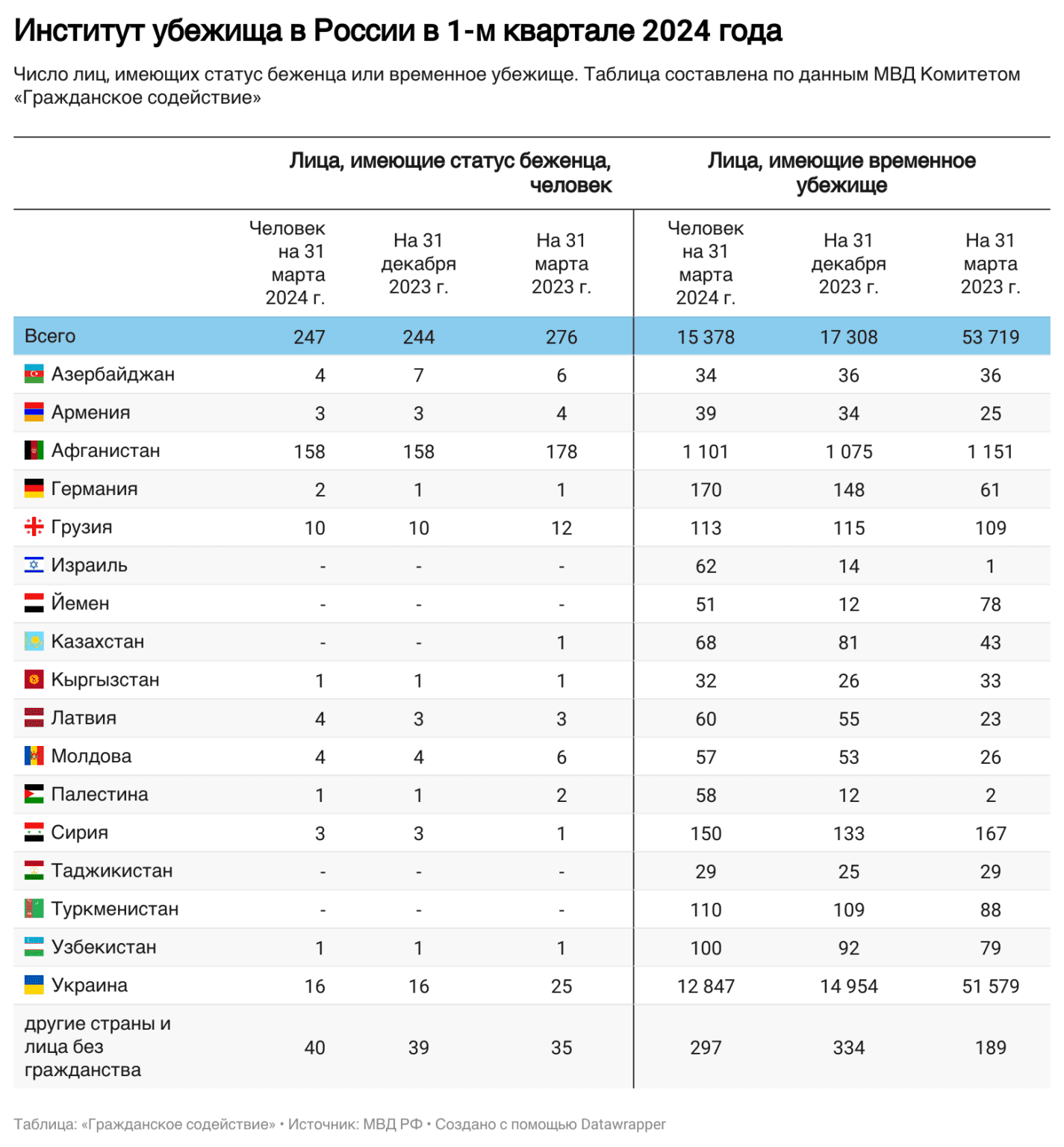
Asylum System in Russia first quarter of 2024. Number of individuals with refugee status or temporary asylum. Table is created by the Civic Assistance Committee based on data from the Ministry of Internal Affairs
Svetlana Gannushkina's commentary
The number of refugees in Russia is constantly declining. And when someone is granted refugee status, it’s such an exclusive occurrence, with so few cases each year, that it can be considered that Russia is effectively not complying with the 1951 Convention.
It should be understood that the main reason for the mass exodus of refugees is usually armed conflict. This is quite clearly seen in the case of Europe, but not in Russia. For example, the war in Syria, in which we, incidentally, played an active role. Throughout the years of the war in Syria, only two Syrians were recognised as refugees in Russia. Since the beginning of the military actions in Ukraine, only a handful of Ukrainians have been granted refugee status.
Ukrainian citizens were given a different form of protection by the Russian authorities—temporary asylum. In 2015, for example, around 300,000 Ukrainians were granted temporary asylum status in Russia. This was unusually generous and uncharacteristic for our authorities. A series of presidential decrees were issued, strongly urging, or rather intensively pushing, them towards acquiring Russian citizenship. Over the course of nine years, the number has changed from 300,000 to just 15,000 Ukrainians who have retained their Ukrainian citizenship and temporary asylum.
We do not know how many more Ukrainian citizens live in Russia with a residence permit. In the past two years, Russian authorities have applied repressive measures towards these people when crossing the Russian border after short trips abroad. Recently, a Ukrainian woman contacted us—she married a Russian man, obtained a residence permit, and has a child with Russian citizenship, but she herself remained a Ukrainian citizen. A year ago, when she was entering Russia, FSB officers, following a government directive, denied her entry.
The Directive of the Government of the Russian Federation No. 2723-r dated 6 October 2023, "On the temporary restriction of entry into the Russian Federation for Ukrainian citizens arriving from third countries
It's quite surprising who these lucky few are that the Russian authorities still grant refugee status. They are mostly residents of Europe and the USA. The Ministry of Internal Affairs' statistics confirm this fact. The reason is clear – it’s political. Russian authorities like to use the example of Europeans and Americans applying for refugee status in Russia to demonstrate that human rights are also being violated in Europe and the USA, and that people are fleeing to Russia for protection. However, my limited experience interacting with these applicants suggests that, as a rule, they are people with unstable mental health. At least, foreign nationals from the USA or European countries who applied for refugee status in Russia and also sought help from our organisation complained that they were being persecuted by special services in their own countries: they are being monitored, subjected to radiation, chipped, and so on. Usually, the status does not help—they continue to experience radiation, surveillance, and more, even on Russian territory. They need a doctor, but we can't assist them, and it's pointless to try to change their minds.
I can specifically mention Germans who apply for and receive refugee status in Russia. They are a very conservative group of people who strive to maintain the religious and patriarchal traditions of their distant ancestors. This is particularly evident in their practices of child-rearing and corporal punishment. In Germany, this creates problems for them because, under German law (and not only), children are taken from parents in such cases. These are usually families of repatriates from the Soviet Union.

